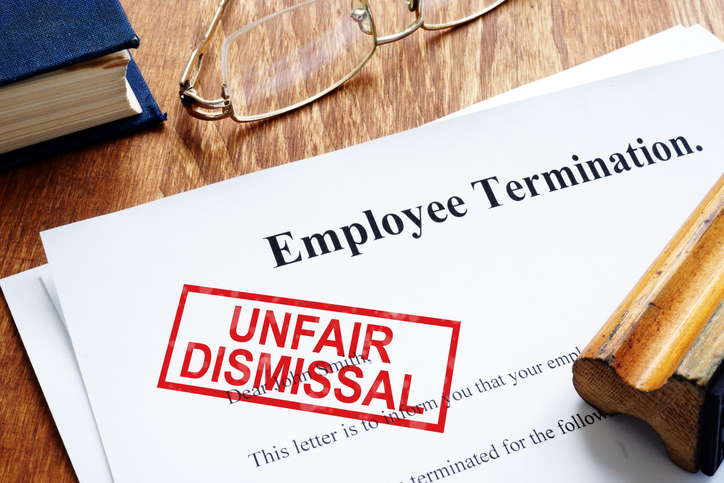‘Closing loops’ will help but what can you do to proactively improve your workplace?
New workplace laws give businesses a chance to review their practices to get ahead of some of the changes, writes CCIWA Member Adapt.

The Federal Government’s Closing Loopholes Bill enacted some recent changes to Australian workplace laws.
While many of the changes are aimed at boosting workers’ rights, the laws are innately designed to force businesses to change aspects of their operations.
Let’s look at some of the key leadership and culture implications of these changes and what businesses can do to proactively improve.
- Labour hire: same job, same pay
- Underpayment: criminalisation of wage theft
- Intractable bargaining workplace determinations
The theme here is the unfair treatment of workers based on value exchange, i.e. remuneration.
While some businesses may choose to prioritise profit, there are proactive alternatives to build into your business to avoid these issues.
- Choose to prioritise people over profit. It’s by far the more profitable option in the long run.
- Spend real time at the ownership and directorship level to build a robust remuneration framework which upholds fairness and psychological safety of stakeholders.
- Attain role clarity on the single point accountability for its execution. (Typically at the strategic leadership level).
- Build the system that will ensure it is reliably implemented. (Typically at the functional leadership level).
- Have a regular review process to ensure compliance with regulatory changes.
Providing an optimal work environment
The next group of IR changes are:
- Union delegate rights for employees
- Anti-discrimination
- Right of entry
The prevailing theme of this group of changes has to do with representing workers and improving conditions due to the belief that a business is not providing an optimal environment for its staff.
Discrimination is simply unacceptable behavior and no one should be subjected to it. Some proactive alternatives to ensure this behavior doesn’t exist in your business are:
- Have a clear purpose for why you exist as a business.
- Have a clear vision for where you are going.
- Have a transparent set of business values, or principles of behavior, that is deeply rooted in who you are and how you expect your people to behave. And live them.
- Build a cultural leadership framework that measures your people’s aspirations and how well the business delivers on it.
- Have a strategic leadership discipline that reviews your cultural data regularly and makes strategy decisions in service of upholding it.
Clarifying workplace expectations
The final group of changes we will look at are:
- Casual employment
- Right to disconnect
- New definition of employment
- Employee like
The theme across all four legislative changes is a lack of role clarity. Ambiguity around role accountabilities, and workplace expectations can lead to opposing views and intentions that can then not be reconciled.
Some proactive alternatives to help avoid having to face the legislative demands of these changes are:
- Attain real role clarity for everyone in your business. That will require you to get clear on the following for every role:
- Accountabilities
- Decision rights
- Skills
- Attributes
- Relationship of engagement (ie. full time, part time, casual, contract)
2. Have a regular engagement assessment discipline where you check in with your stakeholders on:
- The engagement of both parties
- The connection between both parties
- The contribution of both parties
3. Combine this with a regular measurement of stakeholder aspirations and how it is met by the business.
4. Have a strategic leadership discipline that reviews your engagement data regularly and makes strategy decisions in service of upholding it.
5. Have a regular role review process to ensure compliance with regulatory changes.
Improve systems to avoid costly problems
Adopting this discipline will detect most if not all issues pertaining to these legislative changes, long before they become a problem for your business. And it will give you the ability to make proactive and swift changes to improve your systems and avoid a lot of the costly problems that can evolve if you don’t.
It also builds the type of environment where people who would like to disconnect have the space and clarity to do so. And people who hold roles where they stay connected, and choose to do so, can excel in that realm.
For owner teams and strategic leadership teams that choose to build businesses for the long term, for creating lasting impact and delivering sustainably high-quality products or services to the market, it should be a big red flag if you run into a scenario where you are forced to comply with one of these legislative changes.
You’ve taken a misstep somewhere which was most likely not intentional. But it could have dire consequences.
Building in some of the disciplines highlighted in this article will go a long way to help you build the kind of workplace where these issues are not yours.
This article was supplied by CCIWA Member Adapt. For more information on their services email [email protected] or visit theadaptway.com.









